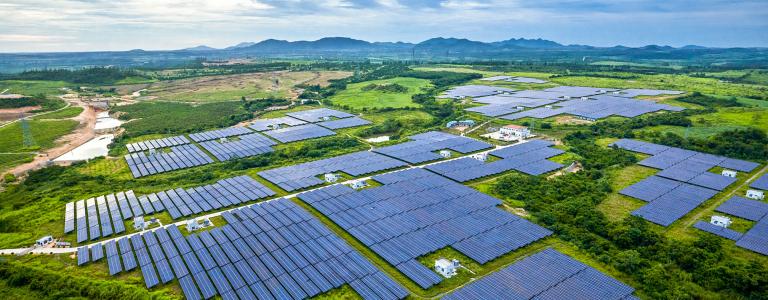Energy
Our experts offer practical guidance to help authorities choose the right system of electricity generation, reduce consumption of fossil-based transport fuels, and implement international climate change commitments.
We work side-by-side with local partners for less costly, more equitable energy systems. Aware of international policy developments, we identify wasteful practices, encourage new thinking, engage civil society, and support policy reform.
Related projects
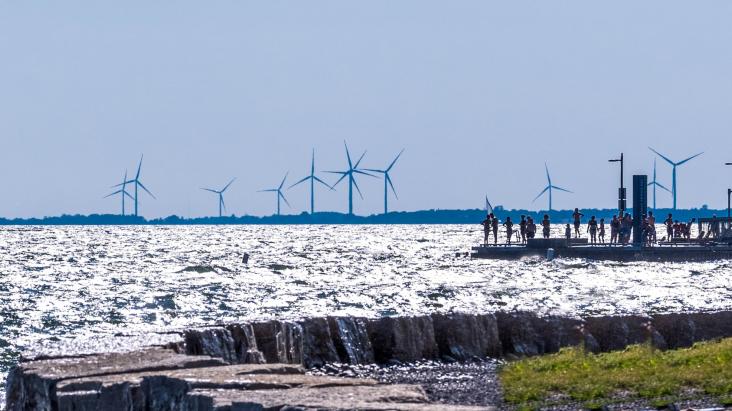
Re-Energizing Canada
Oil and gas have shaped Canada’s past—but to ensure a prosperous future, the country must reduce its dependence on fossil fuel production. Find out why and how.
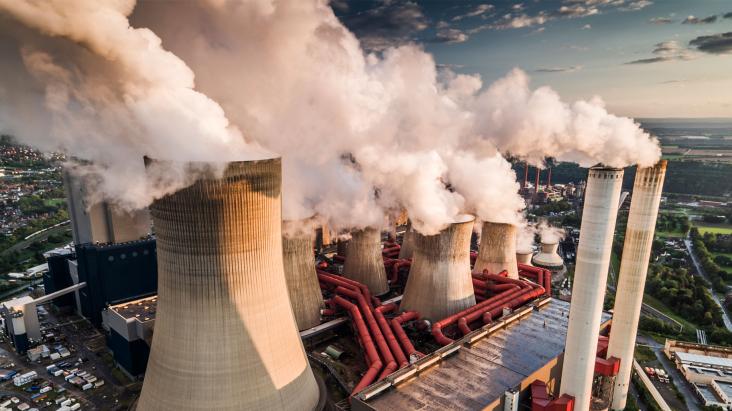
Just Energy Transition in Coal Regions Knowledge Hub
The Just Energy Transition in Coal Regions Knowledge Hub is an online platform building bridges between experts, policy-makers, the coal industry, trade unions, and civil society organizations.
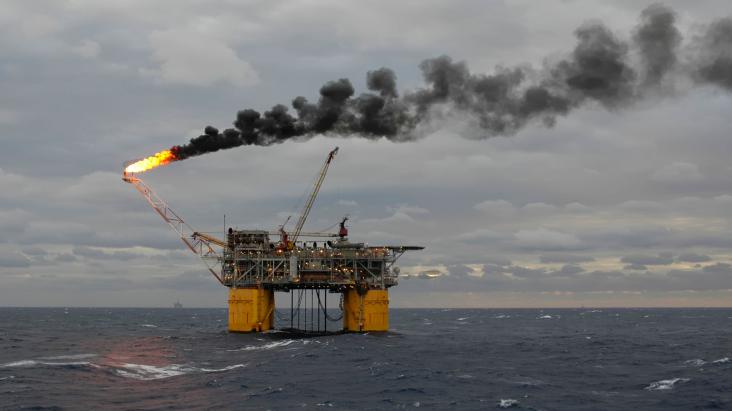
Normalizing No New Fossil Fuels
There is no room for new fossil fuel projects under a 1.5°C global warming limit. New research explores how countries and the public can establish “no new fossil fuels” as a benchmark for climate leadership.
Research

Unlocking Supply Chains for Localizing Electric Vehicle Battery Production in India
This study aims to highlight the key supply chain barriers in localizing electric vehicle (EV) battery cell manufacturing in India. It summarizes consultations with 12 companies, as well as experts and policy-makers, to determine the crucial challenges and opportunities in localizing battery manufacturing in India.

Capping Potential Blowouts
This policy brief argues that the oil and gas emissions cap is necessary but cautions that some of its compliance flexibilities may amount to a critical weakening.

Credit Check
Debunking the myth that Canada can get credit under Paris Agreement Article 6 for its clean energy liquefied natural gas (LNG) exports.
Articles

COP 29 Must Deliver on Last Year’s Historic Energy Transition Pact
At COP 29 in Baku, countries must build on what was achieved at COP 28 and clarify what tripling renewables and transitioning away from fossil fuels means in practice.
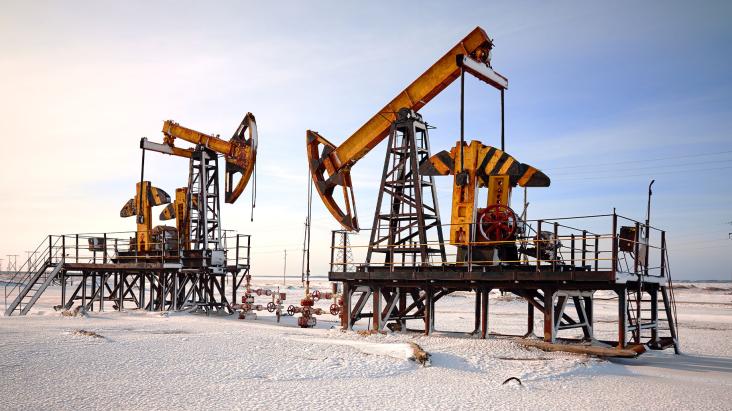
How Can a Fossil Fuel Levy Cut Emissions and Finance Climate Action?
A levy on extracting fossil fuels could reduce emissions and help finance climate action. How can governments implement the most effective fossil fuel levy?

How Indonesia's Incoming President Can Advance the Transition to Clean Energy
With Prabowo Subianto inaugurated as Indonesia’s President, speculation abounds about the new administration’s commitment to the clean energy transition and climate targets, given Prabowo’s positioning as the “continuity candidate.” The question is, what, exactly, will be continued?
Experts

Christopher Beaton
Director, Energy Program, Public Financial Flows

Ivetta Gerasimchuk
Director, Energy Program, International Strategy

Philip Gass
Director, Energy Program, Just Transitions and Canada

Richard Bridle
Senior Policy Advisor

Vance Culbert
Senior Policy Advisor & Secretariat Manager, COFFIS

Nichole Dusyk
Senior Policy Advisor and Lead, Canada Energy

Siddharth Goel
Lead, Electric Mobility & Renewable Energy Supply Chains

Tara Laan
Lead, Incentivizing Renewables

Lucky Lontoh
Associate and Country Coordinator

Greg Muttitt
Senior Associate

Angela Picciariello
Senior Researcher

Shruti Sharma
Lead, Affordable Energy

Farooq Ullah
Senior Policy Advisor and Lead, Energy and Climate Governance
You might also be interested in

Subsidies
Fossil fuel subsidies make little sense in a world shifting to low-carbon sources of energy to tackle climate change.

Climate Change Mitigation
Tackling climate change requires urgently reducing greenhouse gas emissions to minimize the impacts on our societies, economies, and ecosystems.
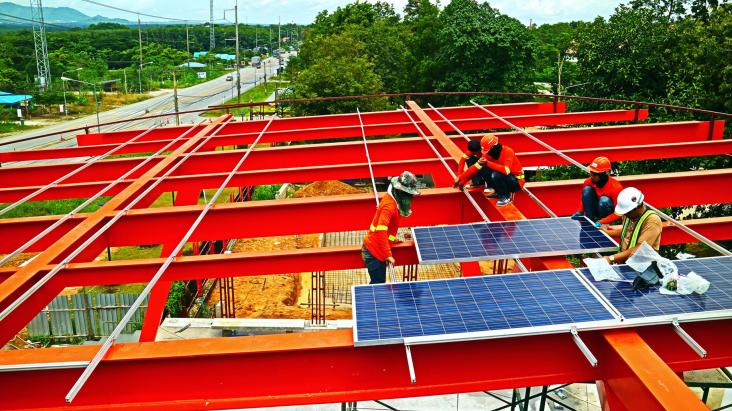
Just Transition
In the transition to clean energy, a just transition can minimize negative impacts and maximize positive opportunities.
